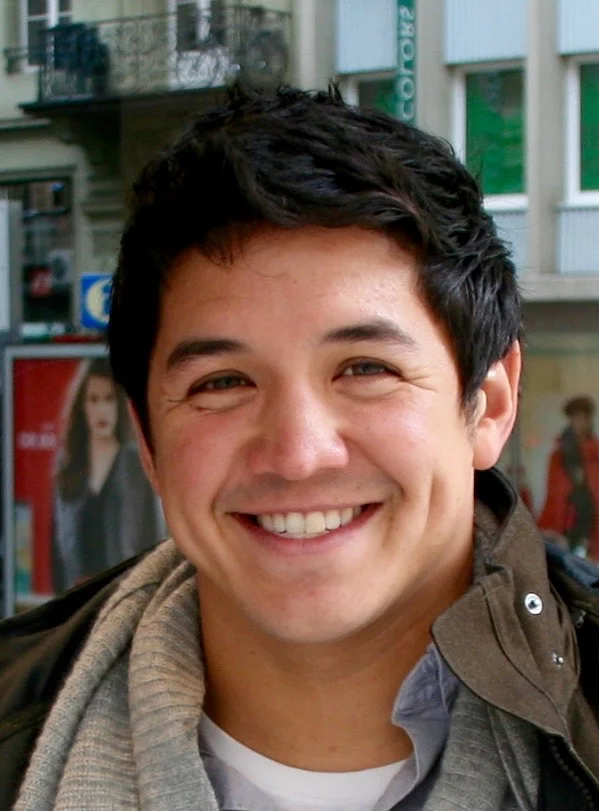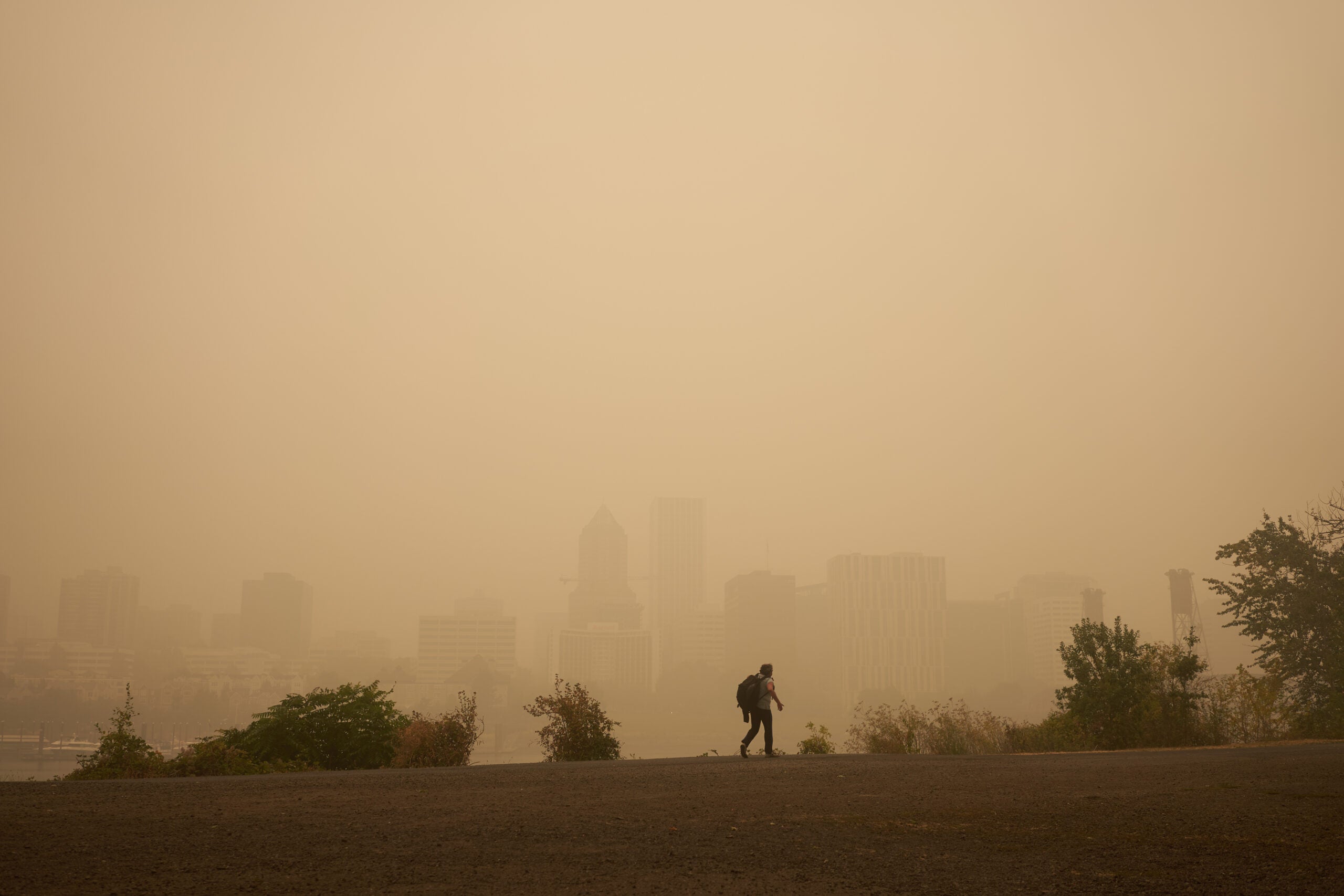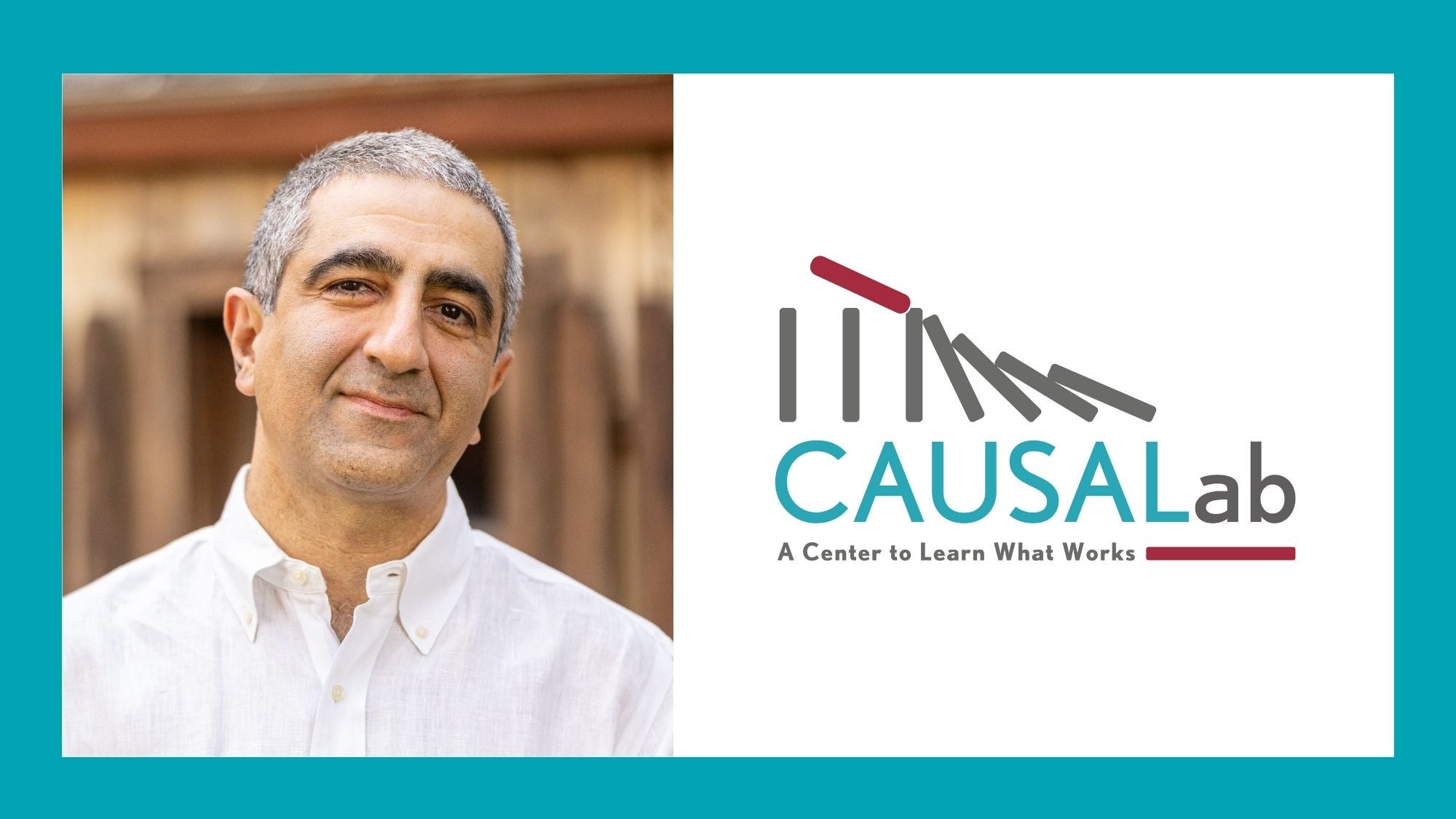Meet Our Members: Peter James, ScD, MHS

We’d like you to meet Peter James, ScD, MHS, assistant professor in the Department of Environmental Health. Below, we ask Peter about his research on estimating the influence of spatial factors, including exposure to nature, the built environment, the food environment, air pollution, light pollution, noise, and socioeconomic factors, on health behaviors and chronic disease.
What research are you currently working on?
These days, I’m devoting the majority of my effort to measuring how nature affects health. We tackle this question from a number of angles. My team works with large prospective cohort studies of hundreds of thousands of individuals followed over decades to examine how access to green space around your home is related to chronic disease risk, including cancer, cardiovascular disease, and mortality. We link our geocoded participant health data to spatial data from high-resolution satellite images of vegetation, administrative datasets on parks, and even Google Street View data. Recently, we have been adding increased granularity into our understanding of how participants interact with nature by incorporating smartphones into our studies. GPS-enabled smartphone apps allow us to understand more about where participants go, and when coupled with our spatial data, we can develop personalized nature exposure metrics. And we then layer on data from smartphone sensors and surveys to estimate how green spaces might increase opportunities for physical activity, affect our mental health, and impact our cognition.
What impact(s) do you hope this work will make?
I think there are substantial impacts to studying how nature impacts health. We may all inherently understand that we as human beings value nature, but for so long nature is seen as purely an amenity, a perk. In our team’s work, we hope to quantify the health benefits of nature and elucidate the mechanisms through which nature affects health, so that it is clear that incorporating nature into our lives is essential. Nature is a right, not a privilege. We want to inform policy to create communities that have increased access to nature, and this means funding and maintaining efforts that bring nature into our everyday lives. Our research has also highlighted racial and socioeconomic disparities in access to nature. We hope to work with policymakers and planners to reduce these disparities and encourage equitable access to nature in the Boston area, as well as across the country.
When you were first starting out, what inspired you to embark on this path of research? Do you have any tips for young investigators?
I grew up in Washington, DC, and I think what inspired me to care about our built and natural environment was seeing how the city changed from when I was born to how it is today. The DC I grew up in was still recovering from the Martin Luther King, Jr. riots of the 1960s and reeling from the crack epidemic of the 80s and 90s. Returning to DC after college, I observed how dramatic change is possible in a city when there is investment. I also saw how priorities and economics can strongly drive who are winners and losers in planning decisions. This inspired me to learn more about urban planning processes, and I soon was exposed to research demonstrating how upstream planning decisions could have dramatic impacts on downstream human health. From there, my research evolved and I realized the fundamental role that nature plays in our cities to buffer our exposure to air pollution and noise; to keep us cool during heat waves; to provide us a safe place to play and be physically active; to enable us to meet and interact with our neighbors; and to decrease our stress and restore our attention. I think my one tip to young investigators is to follow your passion. Work on things that you care deeply about. In all work, there will be tedious and challenging aspects; it is the passion for what you do that will drive you to overcome those challenges.
How has our Center helped further your research? How do you engage with our Center?
The Harvard NIEHS Center is an incredible setting for growth and collaboration. I enjoy the Center talks, the SPARC Incubator Sessions, and especially the Center Retreat when we were able to convene at the awe-inspiring Arnold Arboretum. I don’t think I could imagine a better setting to conduct research on environmental health, and I am thoroughly excited at the future opportunities with the Center as we expand our research on natural environments, climate change, and planetary health.
Just for fun: Outside of the academic space, what do you like to do for fun?
Well, considering I study nature and health, I would have to say that I love the outdoors. I love skiing and hiking, but I also love biking around the city as much as possible. In the pre-COVID days, I absolutely loved traveling anywhere in the globe (although I have a soft spot in my heart for Italy). These days, I’m happy as can be exploring the local parks of Cambridge with my wife and our two-year-old daughter.


